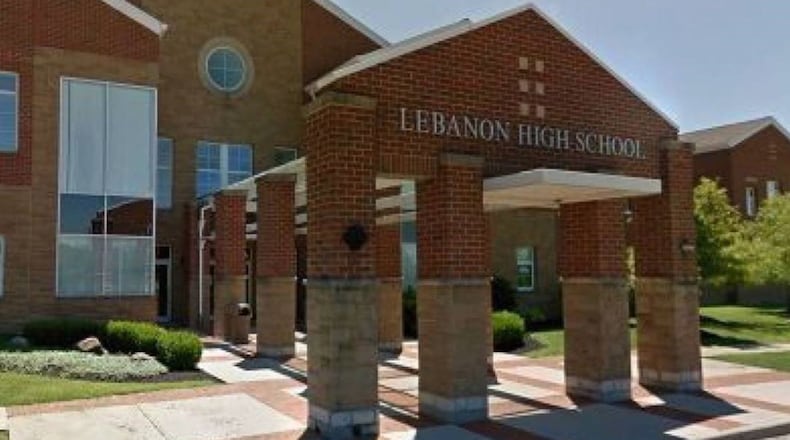Ervin said the district will be able to capture more revenue growth with the new home construction being planned in the district, even though it did not raise taxes on current property owners.
“Expenses are expected to outpace revenues in all five years, if all assumptions are correct,” she said.
In the five-year forecast, the district expects to see a revenue shortfall by the end of Fiscal Year 2023 (June 30) of $649,491, Ervin said. By the last year of the forecast in Fiscal Year 2027, the district is expected to have a revenue shortfall where expenditures are projected to be greater than revenue by more than $8.83 million she said.
“The district would need to cut its FY 2027 projected expenses by 11.68% in order to balance its budget without additional revenue,” Ervin said.
She said the district’s cash balance is positive at year-end in FY 2023 and is projected to worsen by FY 2027, adding that a worsening cash balance can erode the district’s financial stability over time.
Ervin said the district’s total revenue increased 3.95% or $2.25 million annually during the past 5-Year period and is projected to increase 1.15% or $752,248 annually through FY 2027. Real Estate has the most projected average annual variance compared to the historical average at more than $1.16 million.
The district’s revenues come primarily from property taxes (49.5%); public utility taxes (4.62%); restricted revenues (2.4%) and state funds (30.2%).
Total expenditures increased 4.54% or nearly $2.54 million annually during the past 5-Year period and is projected to increase 4.41% or more than $2.73 million annually through FY 2027.
Lebanon voters approved a single, 10-year, 9.64-mill substitute levy in November 2022 which combined the three emergency levies that the district has relied on. Because they were emergency levies, the district could only collect up to a specific dollar amount, about $12.4 million, and was not able to capture the new revenues from new homes and development.
The new substitute levy’s annual cost per $100,000 of appraised value for a property owner will be $318.52 per year and will not raise taxes, said Warren County Auditor Matt Nolan. The revenues are for general operations of the district.
The former emergency levies were three to five years in length and forced the district to go back to the voters more frequently.
As new development projects have been announced and are in the early phases, the district is projecting 500 to 1,000 new students over the next 10 years.
About the Author

